Associations to the word «Flag»
Noun
- Restart
- Lap
- Caution
- Waving
- Mast
- Vessel
- Piracy
- Carrier
- Pirate
- Pit
- Warship
- Ship
- Tanker
- Confederacy
- Truce
- Bearer
- Registry
- Taxi
- Ensign
- Sail
- Emblem
- Freighter
- Patio
- Stripe
- Banner
- Salute
- Anthem
- Coaster
- Pennant
- Cab
- Raising
- Bunting
- Pavement
- Terrace
- Coat
- Eligibility
- Liberia
- Mt
- Waitress
- Shipping
- Colour
- Flying
- Stone
- Kepler
- Admiral
- Casket
- Packer
- Cargo
- Courtyard
- Interference
- Insignia
- Six
- Penalty
- Symbol
- Cruise
- Tt
- Ceremony
- Conversation
- Sickle
- Yellow
- Clatter
- Container
- Flag
Adjective
Pictures for the word «Flag»

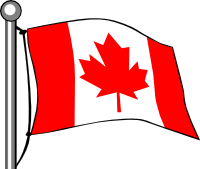 Flag, Canada, Canada flag
Flag, Canada, Canada flag
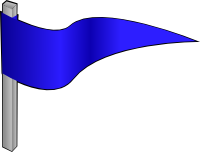 Flag
Flag
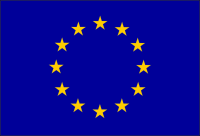 European Union, Europe, Flag
European Union, Europe, Flag
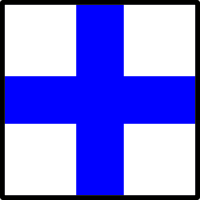 Signalflag, Flag
Signalflag, Flag
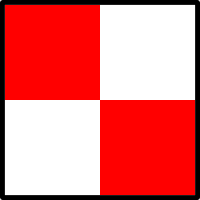 Signalflag, Flag
Signalflag, Flag
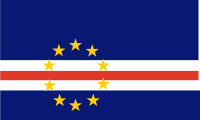 Cape Verde, Flag
Cape Verde, Flag
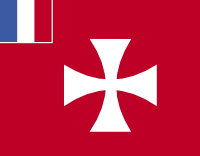 Flag
Flag
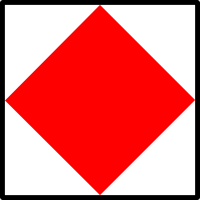 Signalflag, Flag
Signalflag, Flag
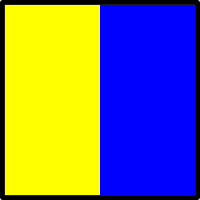 Signalflag, Flag
Signalflag, Flag
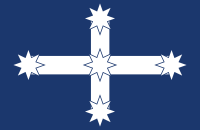 Flag
Flag
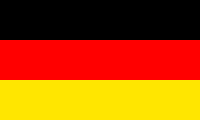 Germany, Flag
Germany, Flag
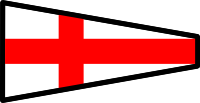 Signalflag, Flag
Signalflag, Flag
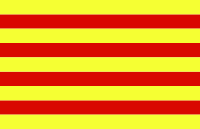 Flag, Catalonia
Flag, Catalonia
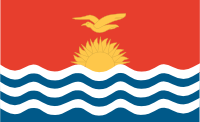 Kiribati, Flag
Kiribati, Flag
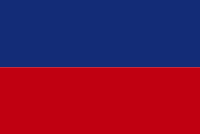 Haiti, Flag
Haiti, Flag
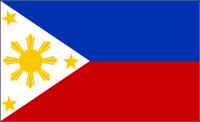 Flag, Phillippines
Flag, Phillippines
 Flag, Flag of Armenia
Flag, Flag of Armenia
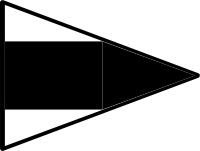 Signalflag, Flag
Signalflag, Flag
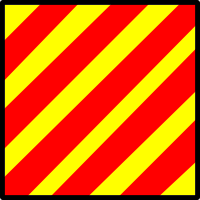 Signalflag, Flag
Signalflag, Flag
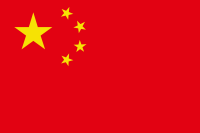 China, Flag, People’s Republic of China, PRC
China, Flag, People’s Republic of China, PRC.png)
.png) Flag, Dragon, Wales
Flag, Dragon, Wales
 Signalflag, Flag
Signalflag, Flag
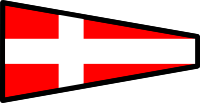 Signalflag, Flag
Signalflag, Flag
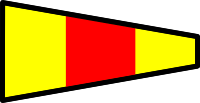 Signal flag, Flag
Signal flag, Flag
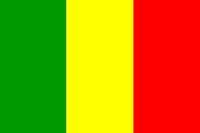 Mali, Flag
Mali, Flag
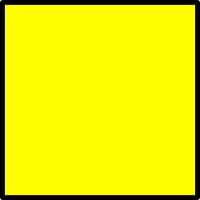 Signalflag, Flag
Signalflag, Flag
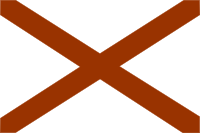 Flag, Flag of Alabama
Flag, Flag of Alabama
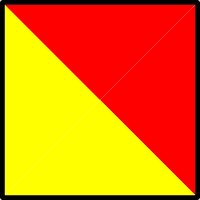 Signalflag, Flag
Signalflag, Flag
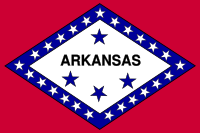 Flag, Flag of Arkansas
Flag, Flag of Arkansas
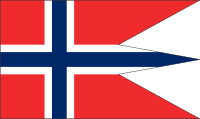 Norway, Flag
Norway, Flag
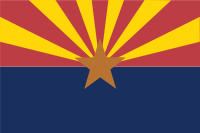 Flag, Arizona state flag
Flag, Arizona state flag
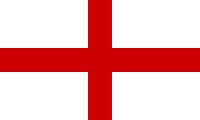 England, Flag, Flag of England
England, Flag, Flag of England
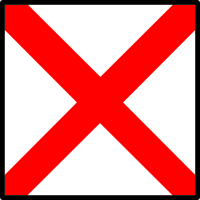 Signalflag, Flag
Signalflag, Flag
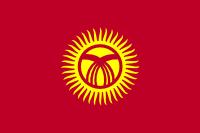 Kyrgyzstan, Kyrgyz Republic, Flag
Kyrgyzstan, Kyrgyz Republic, Flag
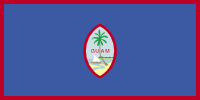 Guam, Flag
Guam, Flag
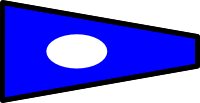 Signalflag, Flag
Signalflag, Flag
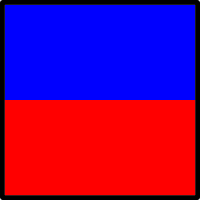 Signalflag, Flag
Signalflag, Flag
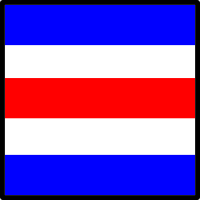 Signalflag, Flag
Signalflag, Flag
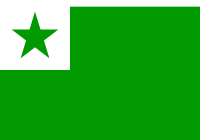 Esperanto, Flag
Esperanto, Flag
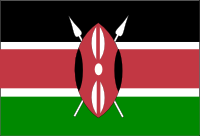 Kenya, Flag
Kenya, Flag
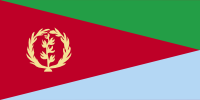 Eritrea, Flag
Eritrea, Flag
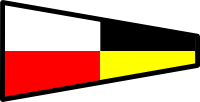 Signalflag, Flag
Signalflag, Flag
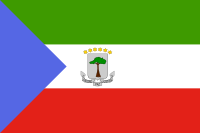 Flag, Equatorial Guinea
Flag, Equatorial Guinea
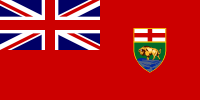 Manitoba, Flag
Manitoba, Flag
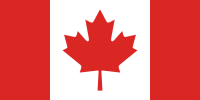 Canada, Flag, Flag of Canada
Canada, Flag, Flag of Canada
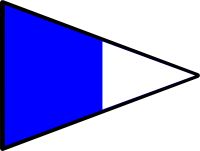 Signalflag, Flag
Signalflag, Flag
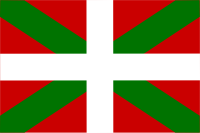 Flag, Flag of Basque
Flag, Flag of Basque
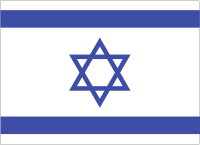 Israel, Flag
Israel, Flag
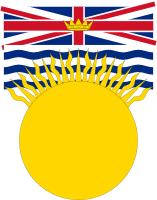 Flag, British Columbia
Flag, British Columbia
 Signalflag, Flag
Signalflag, Flag
 Signalflag, Flag
Signalflag, Flag
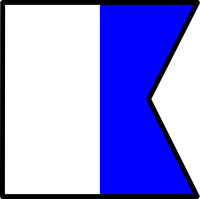 Signalflag, Flag
Signalflag, Flag
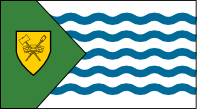 Vancouver, Flag
Vancouver, Flag
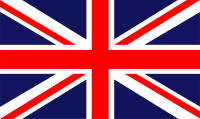 Britain, Flag, British, United Kingdom, Great Briain
Britain, Flag, British, United Kingdom, Great Briain
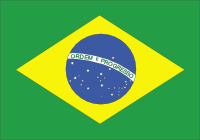 Flag, Brazil
Flag, Brazil
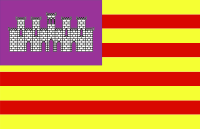 Flag
Flag
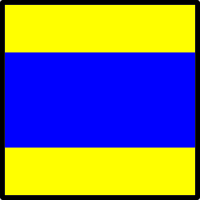 Signalflag, Flag
Signalflag, Flag
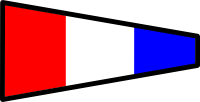 Signalflag, Flag
Signalflag, Flag
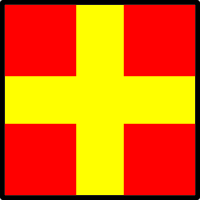 Signalflag, Flag
Signalflag, Flag
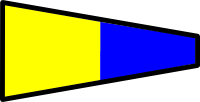 Signalflag, Flag
Signalflag, Flag
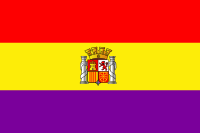 Flag
Flag
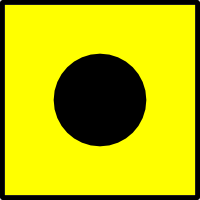 Signalflag, Flag
Signalflag, Flag
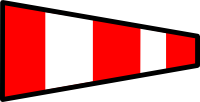 Signalflag, Flag
Signalflag, Flag
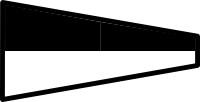 Signalflag, Flag
Signalflag, Flag
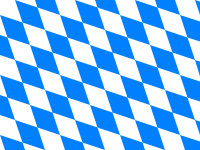 Flag, Bavaria
Flag, Bavaria
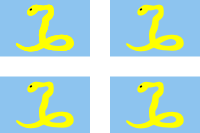 Martinique, Flag
Martinique, Flag
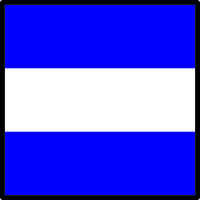 Signalflag, Flag
Signalflag, Flag
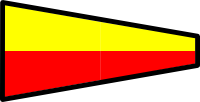 Signalflag, Flag
Signalflag, Flag
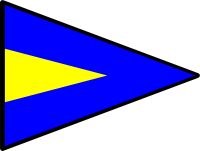 Signalflag, Flag
Signalflag, Flag
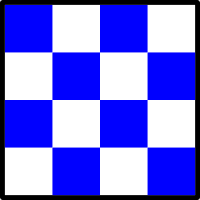 Signalflag, Flag
Signalflag, Flag
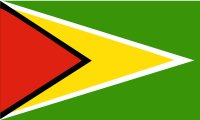 Guinea, Flag
Guinea, Flag
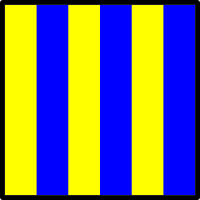 Signalflag, Flag
Signalflag, Flag
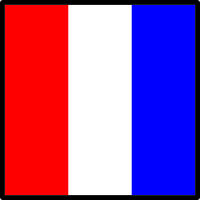 Signalflag, Flag
Signalflag, Flag
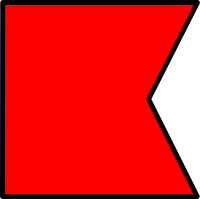 Signalflag, Flag
Signalflag, Flag
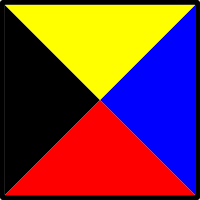 Signalflag, Flag
Signalflag, Flag
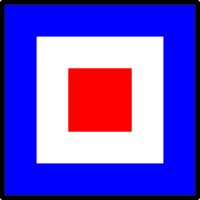 Signalflag, Flag
Signalflag, Flag
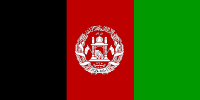 Afghanistan, Flag
Afghanistan, Flag
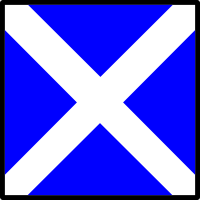 Signalflag, Flag
Signalflag, Flag
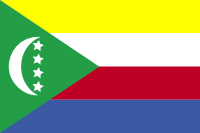 Flag, Comoros
Flag, Comoros
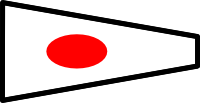 Signalflag, Flag
Signalflag, FlagWiktionary
FLAG, noun. A piece of cloth, often decorated with an emblem, used as a visual signal or symbol.
FLAG, noun. An exact representation of a flag (for example: a digital one used in websites).
FLAG, noun. (nautical) A flag flown by a ship to show the presence on board of the admiral; the admiral himself, or his flagship.
FLAG, noun. (nautical) (often used attributively) A signal flag.
FLAG, noun. The use of a flag, especially to indicate the start of a race or other event.
FLAG, noun. (computer science) A variable or memory location that stores a true-or-false, yes-or-no value, typically either recording the fact that a certain event has occurred or requesting that a certain optional action take place.
FLAG, noun. (computer science) In a command line interface, a command parameter requesting optional behavior or otherwise modifying the action of the command being invoked.
FLAG, noun. (British) An abbreviation for capture the flag.
FLAG, verb. To furnish or deck out with flags.
FLAG, verb. To mark with a flag, especially to indicate the importance of something.
FLAG, verb. (often with down) To signal to, especially to stop a passing vehicle etc.
FLAG, verb. To convey (a message) by means of flag signals.
FLAG, verb. (often with up) To note, mark or point out for attention.
FLAG, verb. (computing) To signal (an event).
FLAG, verb. (computing) To set a program variable to true.
FLAG, verb. To decoy (game) by waving a flag, handkerchief, etc. to arouse the animal's curiosity.
FLAG, verb. (intransitive) To weaken, become feeble.
FLAG, verb. To hang loose without stiffness; to bend down, as flexible bodies; to be loose, yielding, limp.
FLAG, verb. To let droop; to suffer to fall, or let fall, into feebleness.
FLAG, verb. To enervate; to exhaust the vigour or elasticity of.
FLAG, noun. Any of various plants with sword-shaped leaves, especially irises; specifically, Iris pseudacorus.
FLAG, noun. (obsolete except in dialects) A slice of turf; a sod.
FLAG, noun. A slab of stone; a flagstone, a flat piece of stone used for paving.
FLAG, noun. (geology) Any hard, evenly stratified sandstone, which splits into layers suitable for flagstones.
FLAG, verb. To lay down flagstones.
FLAG, noun. A group of feathers on the lower part of the legs of certain hawks, owls, etc.
FLAG, noun. A group of elongated wing feathers in certain hawks.
FLAG, noun. The bushy tail of a dog such as a setter.
FLAG, noun. (music) A hook attached to the stem of a written note that assigns its rhythmic value
FLAG CAPTAIN, noun. (Royal Navy) the captain of a flagship
FLAG CAPTAINS, noun. Plural of flag captain
FLAG CARRIER, noun. A person carrying a standard or flag, usually at sporting events and parades, previously on the battlefield.
FLAG CARRIER, noun. (business) A transportation company, such as a shipping or airline company, that is registered in a given state
FLAG CARRIER, noun. (politics) A strong supporter of a cause, or perhaps the strongest and most visible supporter of said cause.
FLAG CARRIER, noun. A national airline (typically having the flag, or other national insignia, on the tail)
FLAG CARRIER, noun. (military) (nautical) An aircraft carrier serving as a flagship
FLAG CARRIERS, noun. Plural of flag carrier
FLAG COMPLEX, noun. (topology) A simplicial complex that contains a simplex wherever the adjacency of vertices permits one.
FLAG DAY, noun. (British) (Ireland) A day on which a registered charity raises money, usually by selling small lapel flags.
FLAG DAY, noun. (software) A day designated for changing to an incompatible system.
FLAG DAY, noun. (software) A change which is neither forward nor backward compatible.
FLAG DAY, proper noun. A day commemorating the adoption of a national flag.
FLAG DAY, proper noun. (Australia) September 3, for the first flying of the Australian flag in 1901, Australian National Flag Day.
FLAG DAY, proper noun. (Canada) February 15, for the inauguration of the Canadian flag in 1965, National Flag of Canada Day.
FLAG DAY, proper noun. (US) June 14, for the adoption of the US flag in 1777.
FLAG DAYS, noun. Plural of flag day
FLAG DOWN, verb. (transitive) (idiomatic) Use a flag or similar kind of signal to get someone's attention.
FLAG FOOTBALL, noun. A version of American football where the players must remove a flag, worn around the waist, from the ball carrier instead of tackling.
FLAG GUN, noun. (UK) A gun in an artillery train bearing a flag.
FLAG GUN, noun. A humorous prop gun which unfurls a small flag when its trigger is pulled.
FLAG JACK, verb. To fly the flag and/or adopt the mannerisms of a nationality other than one's one, usually in order to conceal one's true nationality.
FLAG JACKER, noun. A person who engages in flag jacking (flying flags different from his or her nationality).
FLAG JACKING, noun. (Canadian slang) The display of the Canadian flag and Canadian mannerisms by a non-Canadian traveller in order to hide their true nationality.
FLAG JACKING, verb. Present participle of flag jack
FLAG JACKINGS, noun. Plural of flag jacking
FLAG OF CONVENIENCE, noun. (figuratively) Registration of a ship in a country chosen for its low taxes, permissive regulations, and so on.
FLAG OF CONVENIENCE, noun. (literally) The flag flown by a ship so registered (which flag then corresponds to the country of registration).
FLAG OFFICER, noun. A naval officer with the rank of rear admiral or above, such officers are entitled to fly a personal flag, especially on the flagship.
FLAG OFFICER, noun. (US military, informal) In addition to naval officers of Navy and the Coast Guard, a general officer in the Army, Marines, or Air Force with the rank of brigadier general or higher.
FLAG OFFICERS, noun. Plural of flag officer
FLAG POLE, noun. Alternative spelling of flagpole
FLAG POLES, noun. Plural of flag pole, an Alternative spelling of flagpoles
FLAG RANK, noun. (nautical) (Royal Navy) The rank of a flag officer.
FLAG RANK, noun. Any of several equivalent ranks in several other naval or other military organizations.
FLAG RANKS, noun. Plural of flag rank
FLAG STOP, noun. (US) A train station at which trains stop only on request.
FLAG STOPS, noun. Plural of flag stop
FLAG UP, verb. (transitive) To mark for attention; to flag.
Dictionary definition
FLAG, noun. Emblem usually consisting of a rectangular piece of cloth of distinctive design.
FLAG, noun. A listing printed in all issues of a newspaper or magazine (usually on the editorial page) that gives the name of the publication and the names of the editorial staff, etc..
FLAG, noun. Plants with sword-shaped leaves and erect stalks bearing bright-colored flowers composed of three petals and three drooping sepals.
FLAG, noun. A rectangular piece of fabric used as a signalling device.
FLAG, noun. Flagpole used to mark the position of the hole on a golf green.
FLAG, noun. Stratified stone that splits into pieces suitable as paving stones.
FLAG, noun. A conspicuously marked or shaped tail.
FLAG, verb. Communicate or signal with a flag.
FLAG, verb. Provide with a flag; "Flag this file so that I can recognize it immediately".
FLAG, verb. Droop, sink, or settle from or as if from pressure or loss of tautness.
FLAG, verb. Decorate with flags; "the building was flagged for the holiday".
FLAG, verb. Become less intense.
Wise words
If you wish to know the mind of a man, listen to his words.